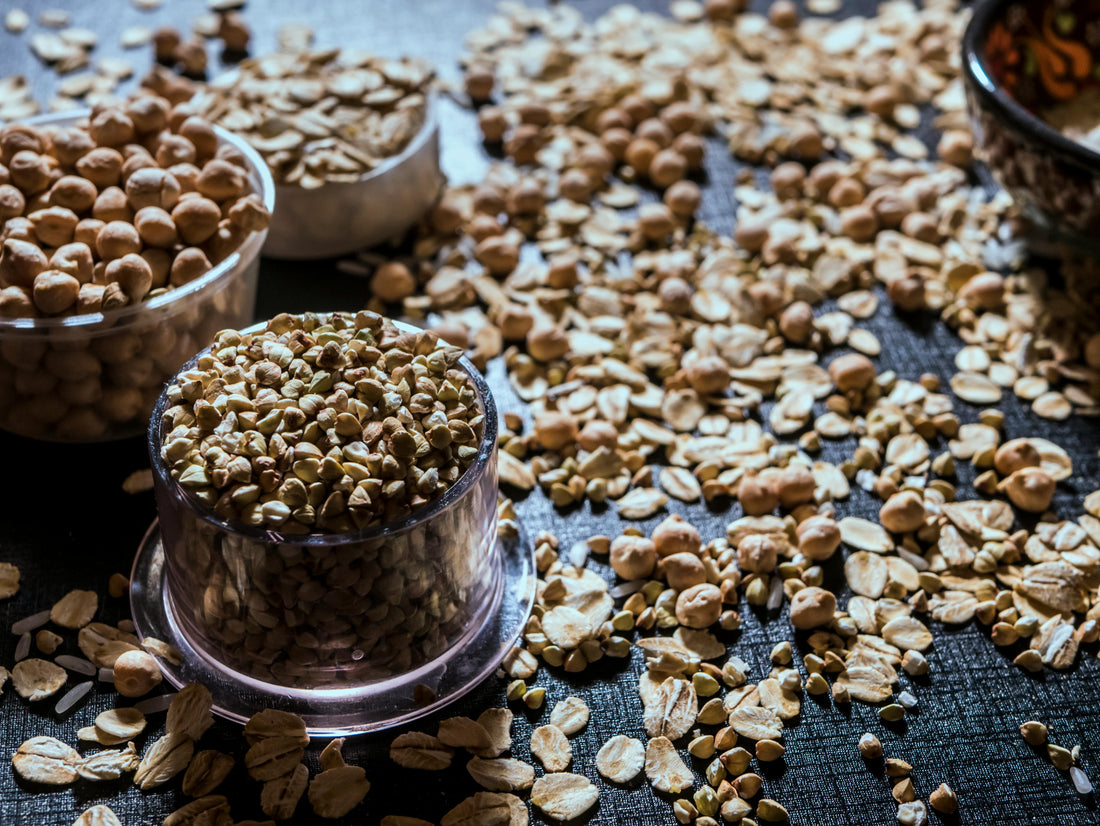Druvn Trading Establishment is a UAE registered business with Economic Liscense No. CN-5567734.

The Power of Eating Whole Grains
Druvn TeamWhole grains have been a staple of the human diet for thousands of years, and for good reason. Unlike refined grains, whole grains contain all three parts of the grain kernel – the bran, germ, and endosperm. This means they retain all their nutrients, including fiber, vitamins, and minerals.
Benefits of Whole Grains:
- Rich in Fiber: Whole grains are an excellent source of dietary fiber, which helps regulate digestion, control blood sugar levels, and maintain a healthy weight.
- Packed with Nutrients: Whole grains like brown rice, quinoa, and oats are rich in B vitamins, iron, magnesium, and zinc.
- Heart Health: Studies have shown that consuming whole grains can lower the risk of heart disease by reducing cholesterol levels and improving blood pressure.
- Helps Control Blood Sugar: The fiber in whole grains slows down the absorption of sugar, helping to regulate blood glucose levels and reduce the risk of type 2 diabetes.
Types of Whole Grains to Include in Your Diet:
- Brown Rice: A versatile grain that can be used in salads, stir-fries, and as a side dish.
- Quinoa: A complete protein source that’s perfect for salads, bowls, and breakfast porridge.
- Oats: Ideal for breakfast, oats are also great in smoothies, baked goods, and as a crunchy topping for yogurt.
- Barley: Use barley in soups, stews, or as a rice substitute.
Conclusion Switching from refined grains to whole grains is a simple yet effective way to improve your health. Whole grains provide long-lasting energy, keep you full, and offer a wealth of essential nutrients. Start making small changes to your diet by choosing whole grain options wherever possible.


